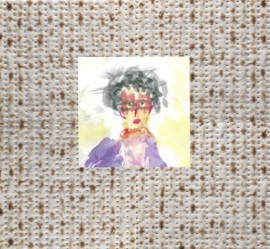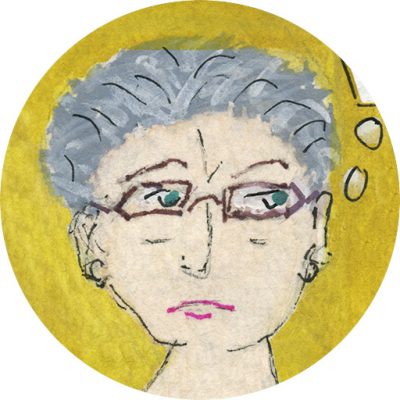In the year 2000 I received a phone call from a real estate broker who informed me that I had inherited a small plot of land on the outskirts of Jerusalem from my paternal grandparents. The phone call led to years of research and traveling because it opened the door on a family history I knew nothing about. What I found—and didn’t find—ultimately made me want to write a book.
This is the first paragraph of that book: What They Saved: Pieces of a Jewish Past.
When my father died, I became a middle-aged Jewish orphan. It wasn’t that I wasn’t already Jewish, of course, or that I had set out to say Kaddish for him―I had no idea how to do that, even if it had been a daughter’s place. But now that the last keeper of my Jewish past was dead, I began to worry about the future of my Jewish self.

It was only when I read this passage aloud while giving my first book talk that I realized I had used the adjective “Jewish” four times in three sentences. I had reread and rewritten the paragraph many, many times in the editorial process, and never noticed. And what could be more important in a book than an opening paragraph? But it was too late. I was Jewish in print. Repeatedly.
Thinking about the paragraph now in retrospect, I would say that my unconscious was telling my writing self that I was anxious about whether I was Jewish ENOUGH to justify the book’s subtitle– “pieces of a Jewish past.” True, I had grown up immersed in Upper West Side New York Jewish bagels and lox culture, and I had archival proof of my origins, but my Jewish self and my writing self belonged, I had always thought, to separate domains. What They Saved made me understand how they were joined.
I composed Breathless: An American Girl in Paris a decade before publishing What They Saved, and when I returned to that story almost immediately after the “Jewish” book I saw for the first time that the “American Girl” who went to Paris, was not simply an American girl, à la Jean Seberg. The girl whose adventures I had narrated was, as we used to say, “a nice Jewish girl,” and what she wanted to leave behind in New York was the Marjorie Morningstar fate that had become shorthand for an entire generation of girls. The memoir could well have been called: A Nice Jewish Girl in Paris, but the publishers thought that was, well, “too Jewish,” too niche.

What’s not Jewish enough and what’s too Jewish? I learned from What They Saved and then Breathless that I could only solve the Goldilocks problem–the “just right” of Jewishness–through writing itself, in other words by not solving it at all.
